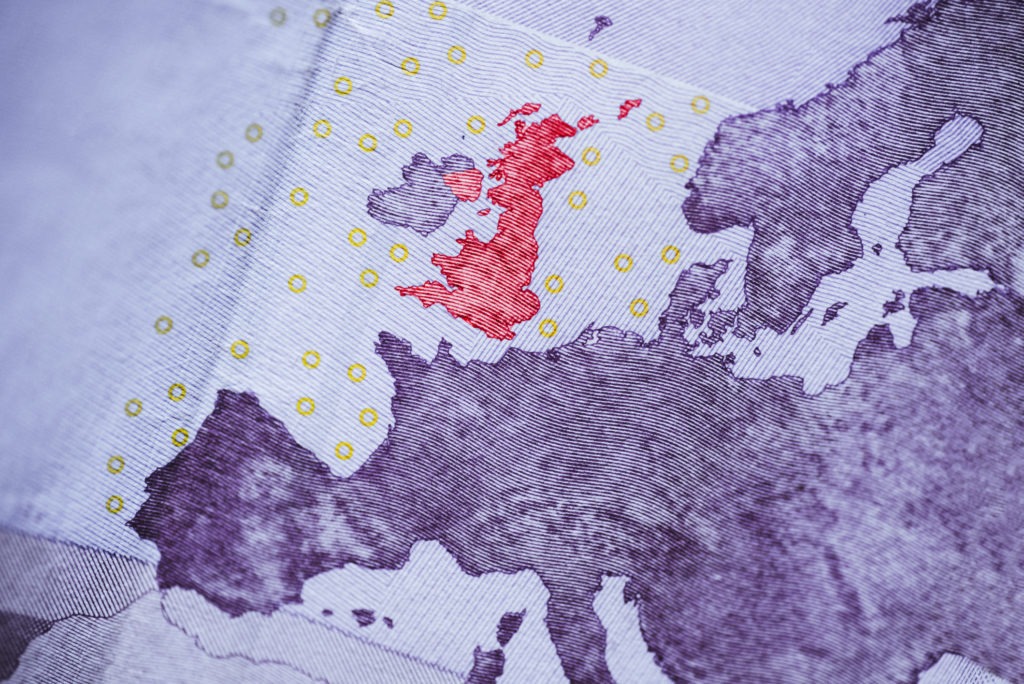Brexit trade deal ’essential’ to stave off dramatic UK production losses
27 November 2019

27 November 2019
Any Brexit without a free-trade deal will slash vehicle production in the UK, as tariffs would be impossible for the industry to absorb.
Independent research commissioned by the Society of Motor Manufacturers and Traders (SMMT) shows that World Trade Organisation (WTO) tariffs on imported components and exported vehicles would add more than £3.2 billion (€3.8 billion) a year to UK automotive manufacturing costs.
This increase, equivalent to almost 90% of the sector’s annual spend on research and development, could not be absorbed, forcing prices to rise and global demand to shrink. At a time when additional investment in ever safer, cleaner and more intelligent mobility technology is essential, this would be a tragic waste, the body says.
Manufacturing suffers
The analysis estimates the impact of such tariffs could result in the cumulative loss of more than 1.5 million units from UK production volumes over the next five years, worth some £42.7 billion (€50 billion) at factory gate prices. Under this scenario, by 2024, falling demand and model reallocation to more competitive and welcoming production locations would see annual output falling to just one million vehicles per year.
The automotive market is one of the UK’s most valuable economic assets, exporting more goods to any other sector to over 160 countries worldwide. The manufacturing part of the market employs 168,000 people with wages, typically 21% higher than the country’s average.
Also, with its annual economic contribution of £18.6 billion (€21.8 billion), the sector contributes enough to the economy to pay for the salaries of England’s NHS nurses twice over, or the entire NHS spend on medicines, the SMMT states. Therefore, leaving without a deal will jeopardise this contribution, causing serious economic damage and putting thousands of jobs and progress at risk.
Growth potential
′UK Automotive’s needs are clear: frictionless trade free of tariffs, with regulatory alignment and continued access to talent’, says chief executive Mike Hawes. ′Detailed trade negotiations have yet to begin. They will be complex, and they will take time. However, a close trading relationship is essential to unlock investment so we can deliver our goals: cleaner air, zero carbon emissions, and the ability to go on building our products and marketing them globally.
′Rather than producing two million cars a year by 2020, a no-trade deal, WTO tariff worst-case scenario could see us making just a million. The next government must deliver the ambition, the competitive business environment and the commitment needed to keep automotive in Britain.’
The SMMT believes that the country’s industry can still build on its growth over the years, and provide a platform from which the industry can develop, manufacture and deploy electrified, connected and autonomous vehicles, with a £62 billion (€72.5 billion) economic opportunity up for grabs if it succeeds.
To realise this potential, however, sustained UK Government support will be vital, starting with an ambitious Brexit deal, and including a long-term commitment to secure giga-scale battery manufacturing investment and to bolster the market for ultra-low and zero-emission vehicles through substantial incentives and infrastructure spending.